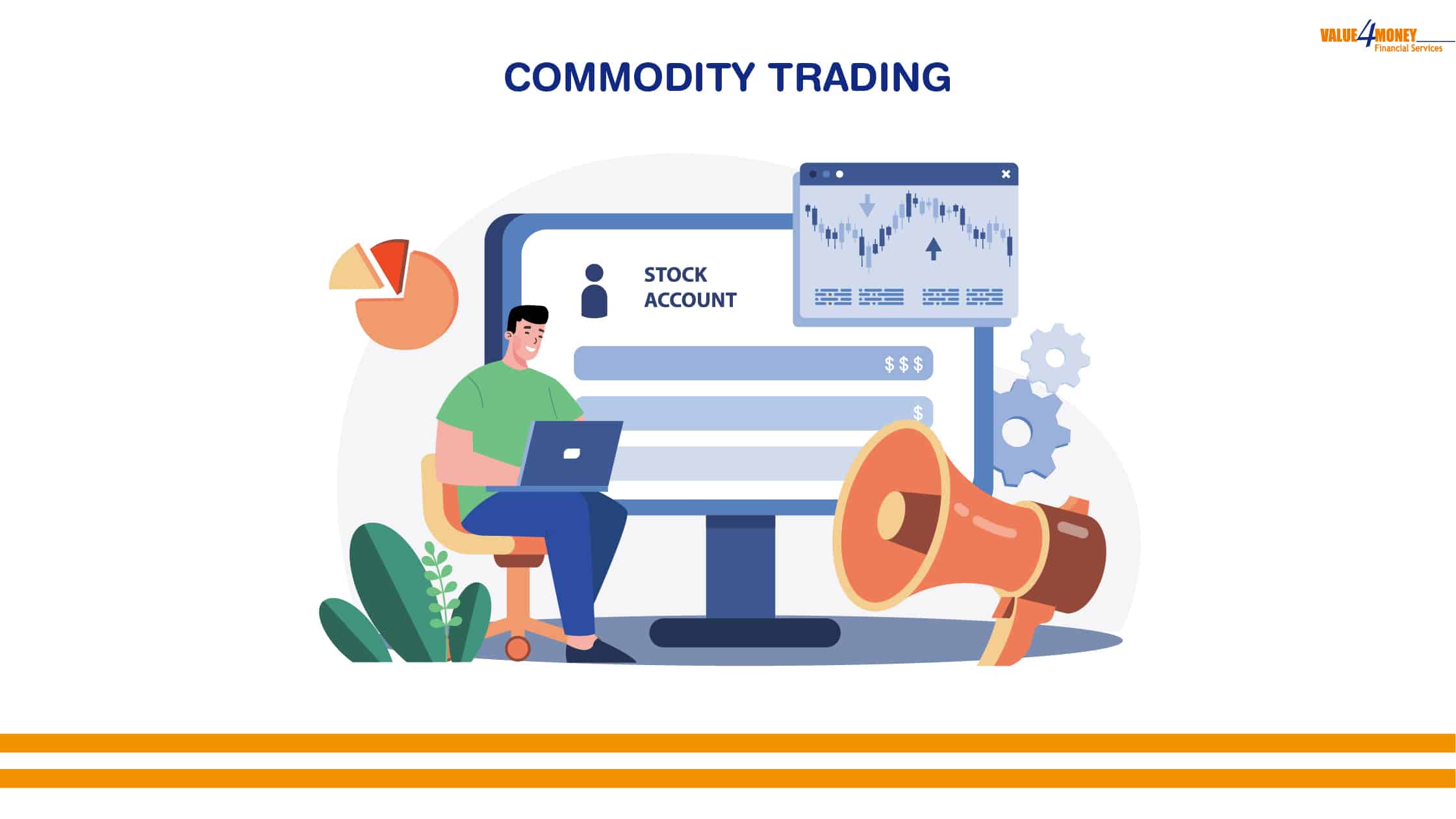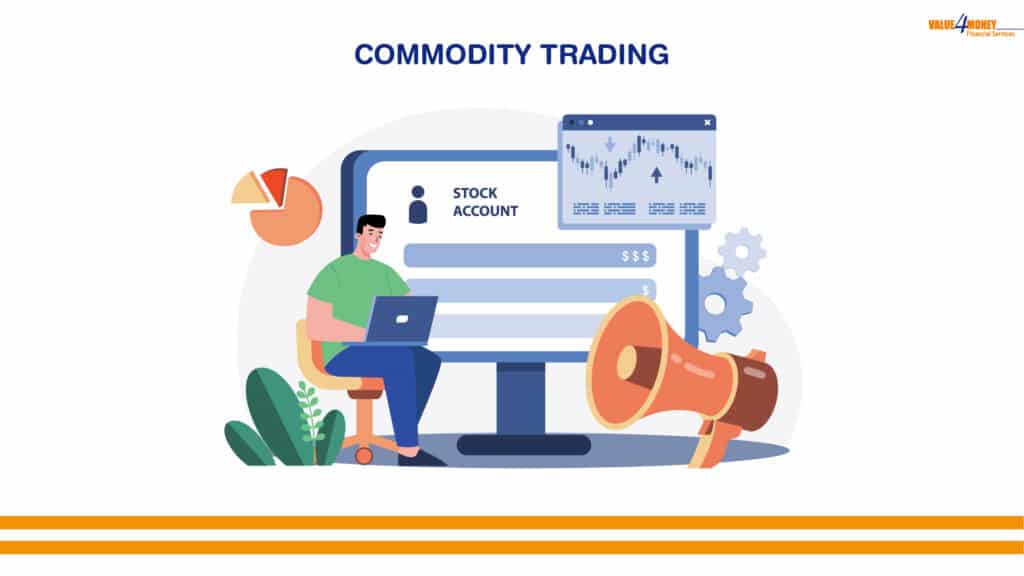In the vast and intricate world of trading, various strategies have been crafted to maximize profits and reduce risks. It is one such strategy favoured by many traders. You may wonder why so? The reason is simple. Scalping has the potential for quick gains.
In this article, we will explore the mechanics of scalping, its benefits and drawbacks, essential tools and indicators for scalpers, how to build a scalping strategy, real-world examples of scalping techniques, the differences between scalping and swing trading, risk management in scalping, and the psychological aspect of this popular trading approach.
Understanding the Mechanics of Scalping
Scalping, in the context of trading, refers to a short-term trading strategy. It focuses on making numerous small trades to capitalise on small price movements within the market.
The goal of scalping is to accumulate small profits repeatedly throughout the day. Unlike swing trading or long-term investing, scalpers aim to keep their positions open for only a few minutes or seconds. This high-frequency trading approach requires quick decision-making and precise execution.
Scalping offers several advantages that make it attractive to certain traders. One significant benefit is the potential for quick profits, as scalpers often capitalize on small price fluctuations that wouldn’t be significant to longer-term traders.
There’s one more reason to consider scalping as a strategy. Scalping allows traders to avoid overnight risks associated with holding positions for an extended period. Although, scalpers must also be aware of the drawbacks. Due to the high number of trades executed, transaction costs can accumulate rapidly.
Moreover, the need for constant monitoring of market movements can be mentally demanding.
The Advantages of Scalping
Scalping requires speed and precision. If done the right way, with the right analysis, you can benefit from it.
So, let’s find out whether you can actually make profits in a short time, execute multiple trades or get frequent trading opportunities.
Quick Profits
Scalping allows traders to capitalize on immediate profit opportunities, as trades typically close within a very short time frame.
This strategy enables traders to achieve a high turnover rate, potentially resulting in more frequent profits
Reduced Market Exposure
By keeping trades open for only a brief period, scalpers mitigate the risks associated with overnight price movements or other market uncertainties that could impact their trades.
This enables them to have a more controlled approach to trading and minimize potential losses.
Increased Trading Opportunities
The fast-paced nature of scalping opens up numerous trading opportunities throughout the trading session.
Traders can take advantage of even minor price fluctuations, to maximize their profit potential
The Challenges of Scalping
A trader or a newbie in trading must get acquainted with the fact that risks are inevitable when it comes to trading.
One can hone their investment skills through fundamental and technical analysis. It can help in reducing the risks, investing, hedging and speculating mindfully. Here are some challenges of scalping that one should be aware of.
Increased Transaction Costs
Given the large number of trades executed during a single session, scalping can lead to higher transaction costs due to commissions, spreads, and other fees charged by brokers.
Scalpers must carefully consider these costs to ensure their overall profitability remains intact.
Time and Effort
Scalping requires constant attention and dedication. Traders need to closely monitor the market and act swiftly when opportunities arise.
This can be mentally and emotionally demanding, as trading decisions have to be made within seconds or minutes.
Psychological Pressure
The fast-paced nature of scalping can be mentally challenging, as traders must maintain discipline and stick to their trading strategy even when faced with rapid price fluctuations.
It requires a calm and focused mindset to handle the pressure associated with scalping
Essential Tools and Indicators for Scalpers
To effectively implement a scalping strategy, traders need to utilize specific tools and indicators. Some commonly used tools are Level II quotes, which display real-time market depth, and direct access trading platforms that provide quick order execution.
Scalpers also employ technical indicators such as moving averages, oscillators, and volume indicators to identify potential trading opportunities within short time frames.
Examples of Essential Tools and Indicators
- Level II quotes
- Direct access trading platforms
- Moving averages
- Oscillators
- Volume indicators
Building a Scalping Strategy
Crafting a successful scalping strategy requires careful planning and consideration. Traders must define their preferred markets, time frames, and risk tolerance levels.
Additionally, they should develop a clear entry and exit strategy, taking into account specific price targets and stop-loss levels.
Backtesting the strategy using historical data can help traders evaluate its effectiveness and make necessary adjustments.
Real-World Examples of Scalping Techniques
To illustrate scalping techniques, let’s explore two common strategies employed by scalpers.
Firstly, a scalper may use a “fade” strategy, where they look for short-term price reversals after a significant move. This involves entering a position in the opposite direction of the initial price movement, anticipating a quick correction.
Secondly, a scalper may employ a “breakout” strategy, aiming to profit from price momentum following a breakout from a range-bound market. They would enter a position as soon as the price breaks through a predetermined level of support or resistance.
Scalping vs. Swing Trading
Scalping and swing trading are two distinct trading techniques with different time horizons and goals. While scalping focuses on making quick profits within short time frames, swing trading involves capturing larger price movements over a span of days or weeks.
Scalpers favour high-frequency trading, continuously monitoring the market, while swing traders take a more relaxed approach. Both strategies have their merits and suit different trading styles.
Risk Management in Scalping
Effective risk management is crucial for scalpers to ensure sustained profitability. Scalpers commonly utilize tight stop-loss orders to limit potential losses if a trade moves against their expectations.
Position sizing is another critical aspect, as scalpers aim to control their exposure to individual trades.
Additionally, monitoring market volatility and liquidity helps scalpers avoid unfavourable trading conditions that can increase risks.
The Psychological Aspect of Scalping
Scalping demands discipline and mental fortitude from traders. The rapid decision-making process and constant monitoring of trades can induce stress and emotional reactions.
Scalpers must remain focused, adhering strictly to their predetermined strategies and not succumbing to impulsive actions driven by fear or greed.
Developing a resilient mindset and being aware of the psychological challenges associated with scalping can contribute to long-term success.
What is the minimum capital requirement for scalping?
Is scalping considered legal in all financial markets?
You can reap small but quick profits. For proper guidance on investments and to diversify your portfolio, you can connect with Value4Money’s financial consultants in Vadodara at 0925107677.
Can beginners engage in scalping?
Beginners should observe the patterns using technical and fundamental analysis, to get better returns from scalping. Value4Money’s financial services in Vadodara also can help you open a Demat account today, to start investing with a scalping strategy. Connect with us at 9825107677, for reaping the benefits of scalping.
How does scalping differ from day trading?
Like, 1-minute to 15-minute charts. Whereas, day traders focus on comparatively larger time frames. Like a 15-minute, an-hour or 4-hour chart and explore more opportunities.
What are the typical profits and losses in scalping?
How can I improve my scalping skills?
Value4Money’s financial service in Vadodara provides personalized guidance on scalping, Equity, derivatives and other financial instruments to help you expand your financial portfolio. You can connect with us at 9825107677 to know get personalized guidance on scalping or any other investment strategies.
Are there specific timeframes suitable for scalping?
Unlike day trading where the timeframe of execution is more than 15 minutes, an hour, 4 hours and best suitable timeframe for trading is ideally between 9.30 am to 10.30 am. Value4Money’s Financial Services in Vadodara can personalised guidance on scalping and other investment techniques. Connect with our team at 9825107677.







